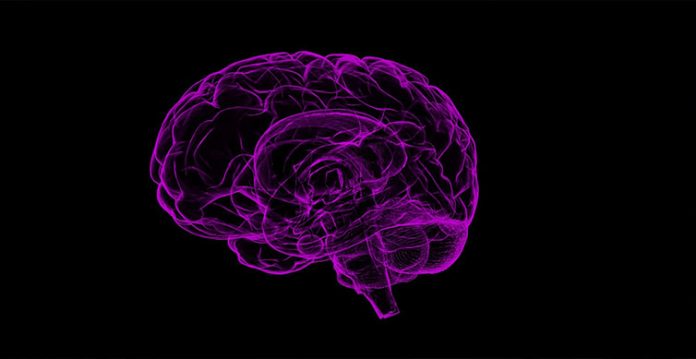UK scientists have created ‘mini-brains”’ that permit them to concentrate on a lethal and untreatable neurological problem causing loss of motion and dementia.
This isn’t whenever researchers first have developed smaller than usual cerebrums from patients with neurodegenerative illnesses, however most endeavors have simply had the option to develop them for a moderately brief period of time. Interestingly, researchers at the University of Cambridge had the option to develop these little organ-like models (organoids) of the cerebrum for nearly 12 months.
A typical type of engine neurone infection, amyotrophic parallel sclerosis, frequently covers with frontotemporal dementia (ALS/FTD) and can influence more youthful individuals, happening generally after the age of 40-45. These conditions cause annihilating indications of muscle shortcoming with changes in memory, conduct, and character.
In findings, published in the journal Nature Neuroscience, the Cambridge group announced developing these models for 240 days from undifferentiated cells holding onto the commonest hereditary transformation in ALS/FTD, which was not already conceivable – and in unpublished work, the group has developed them for 340 days.
ALSO READ: Deep Space Radition Can Hamper Human Brain; Study On Mice Reveal
“Neurodegenerative infections are exceptionally mind boggling messes that can influence a wide range of cell types and how these cells interface at various occasions as the sicknesses progress,” said Dr Andras Lakatos, from the Cambridge’s Department of Clinical Neurosciences.
“To verge on catching this intricacy, we need models that are all the more enduring and duplicate the piece of those human synapse populaces wherein unsettling influences ordinarily happen, and this is the thing that our methodology offers. Not exclusively would we be able to perceive what might happen from the get-go in the infection – well before a patient may encounter any side effects – however we can likewise start to perceive how the unsettling influences change over the long run in every cell,” Lakatos added.
While organoids are generally developed as chunks of cells, the group created patient cell-determined organoid cut societies in research facility. This strategy guaranteed that most cells inside the model could get the supplements needed to keep them alive.
ALSO READ: Diabetes, High BP Raised Brain Stroke Risk in Covid Patients: Study
Utilizing this methodology, the group noticed changes happening in the cells of the organoids at a beginning phase, including cell stress, harm to DNA, and changes in how the DNA is deciphered into proteins. These progressions influenced those nerve cells and other synapses known as astroglia, which coordinate muscle developments and mental capacities.


